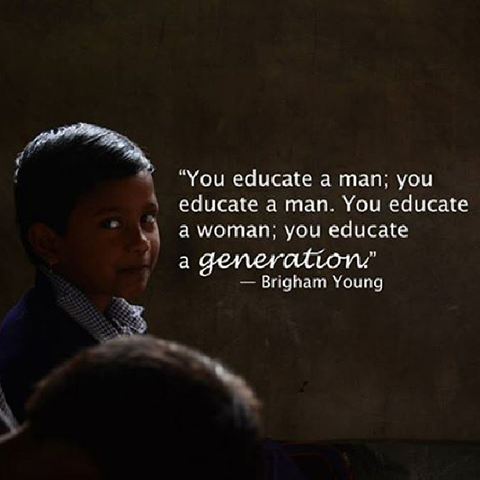
I learned to make chai before I learned to make sentences
That’s why I write in poetry
So I don’t have to write in sentences
Eyes shy, check
Scarf on, check
but hands still shake as I hand over the rickety tea cup to the mustached boy, gaps in between his teeth pouring out an appraisal in a purr
As if I am his pet and he is my master
From the minute, we are handed a fair and lovely bottle before our own milk bottles
Know that we are living in a fragment
Which leads to a run-on that can’t be erased because it’ll leave black marks on the paper we call your body
Divorce is forbidden
When our contract is brown
And our opinion is silenced
When our lips bleed brown blood
We are forced to leave behind our own self worth in a Ziploc bag underneath our pink pillow
And fill it with a sandwich he can take to work
Leaving behind our own voice in a mason jar on the top shelf our kitchen cabinet
And fill it with the spices needed to make dinner
Leaving behind the dreams we once had scribbled on a piece of paper in our journal under the creaky floorboard of our closet
And fill it with baby formulas and grocery lists
From the minute we escape the womb, we are reminded that we are from a woman who had been with a man to come to this minute Where you must do the same
Brown woman
Skin lightened
Weight lost
Nose sharpened
Turn her around
Dreams hidden
Voice silenced
Worth broken
I learned to make chai before I learned to make sentences
That’s why I write in poetry
because it was more fundamental for me to be the ideal brown woman than write
But
While the sugar sunk
3, 6, 7 seconds
into the milk
I wrote until my hands shook as I handed the man the tea cup
and told him that,
My Ziploc bags are sealed.
My mason jars are closed.
My journal is locked.
My dreams are exposed.
My voice is heightened.
My worth is repaired.
As should every brown woman who has been told her self worth will only be measured when she steps on the balancing scales with a man by her side.
Step on the scale with your dreams,
Your voice,
Your worth.
And it will outweigh any cultural flaw. Any stereotype. Any man.
Nusrat is a Bengali-American born and bred in the Bronx, NY. Her two younger brothers mean the world to her and are the reason for her desire to work with children in the future, particularly orphans and child abuse victims. As an active proponent of poetry, art, and storytelling as ways to raise awareness of issues that plague the oppressed, she hopes to help underprivileged children and young girls through traveling and community service to help them reach their full potential. This poem entitled “a minute,” is in response to all those who told her and tell other young girls that to be a dutiful house-wife is more important than getting an education. But in fact, a book is more valued than a tea-kettle.
Featured Image Source: QuotesValley.com




